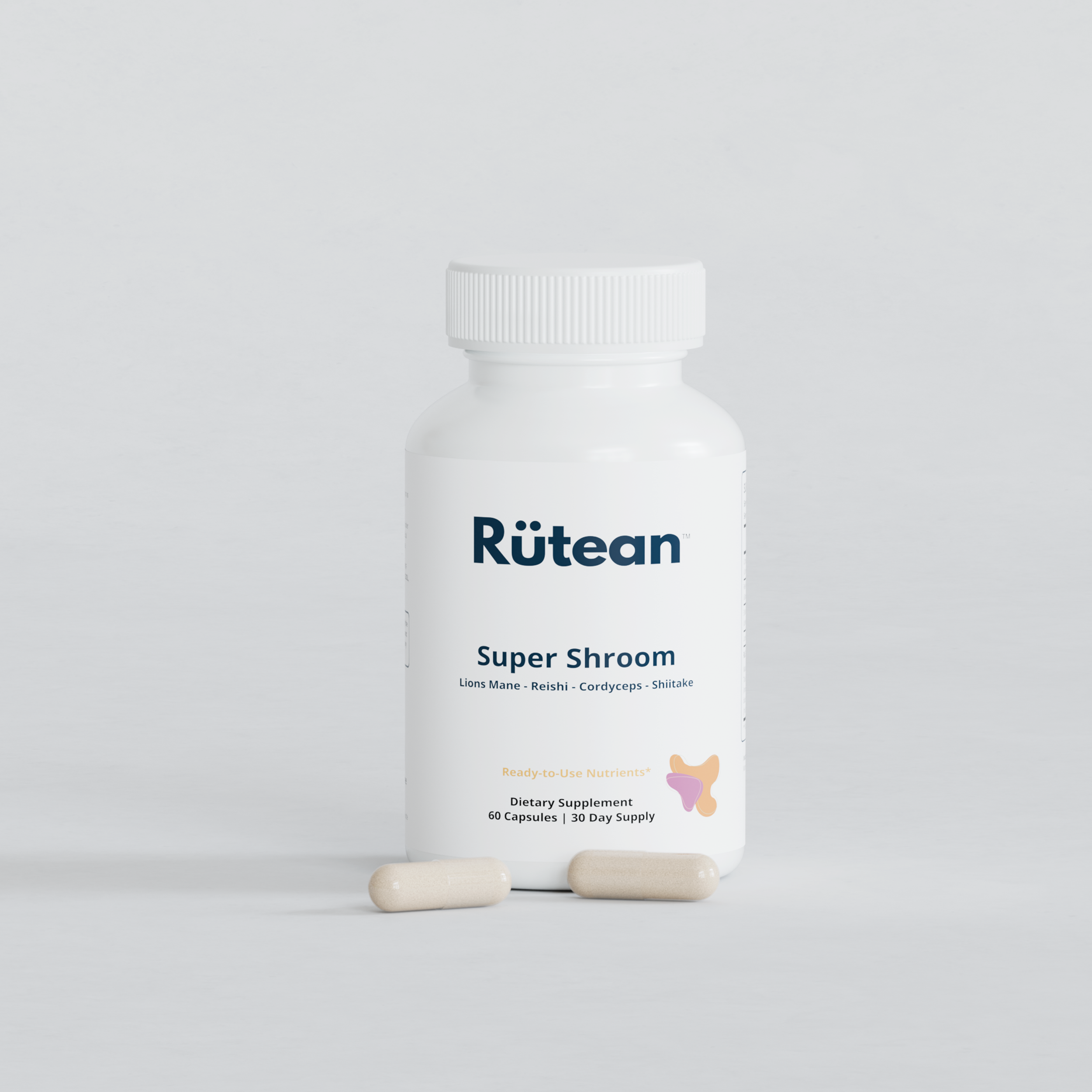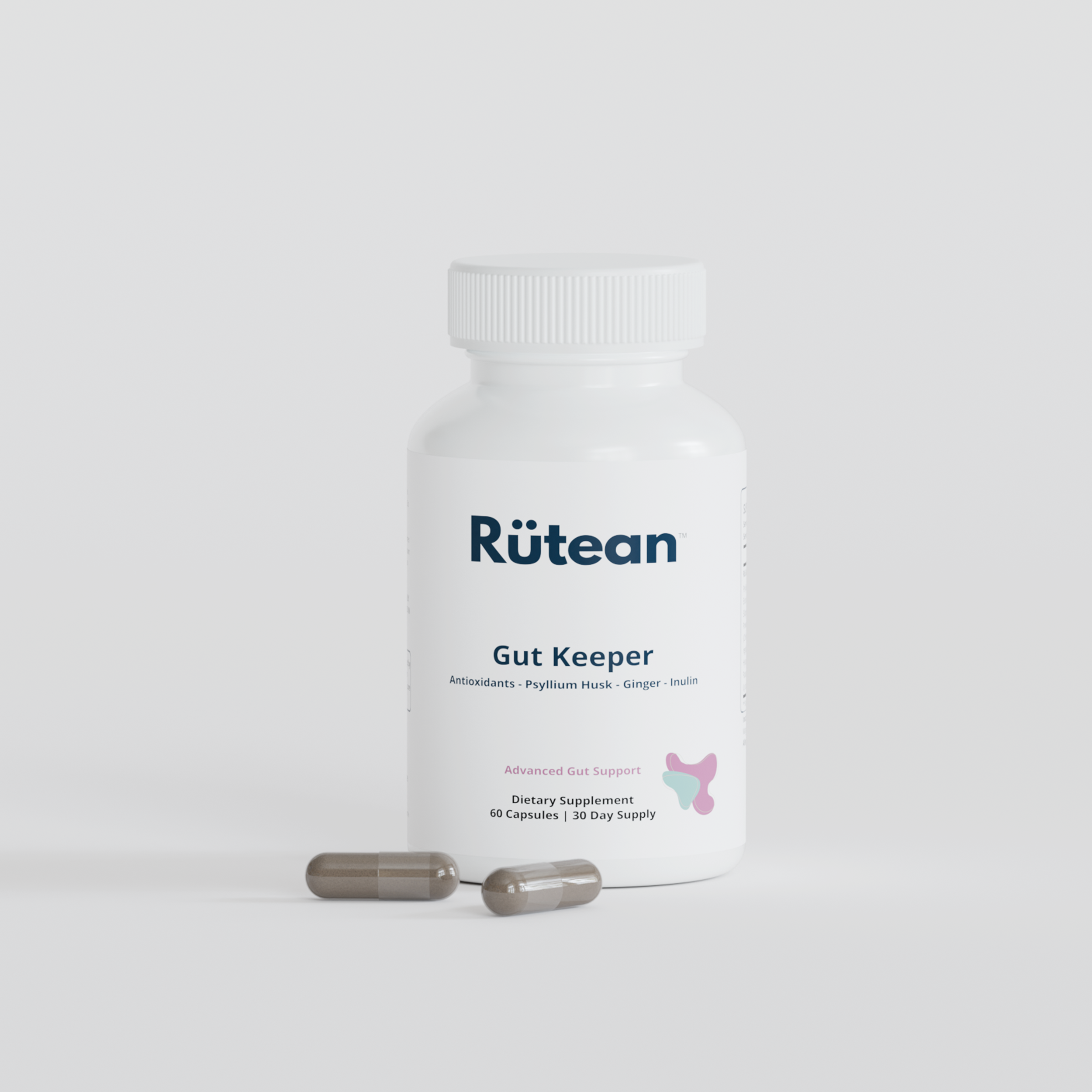In the vast landscape of nutritional supplementation, understanding the symbiotic relationships between ingredients can be crucial. Alpha Lipoic Acid (ALA), renowned for its antioxidant properties, can find its efficacy boosted when paired with certain ingredients. Here, we'll delve deeper into the science and explore these powerful combinations.
The Foundation: Understanding ALA
Alpha Lipoic Acid isn't just any antioxidant; it's a unique molecule capable of exerting its effects in both aqueous and lipid environments in the body. This dual solubility allows it to neutralize free radicals in almost any part of our cells, making it exceptionally versatile. While ALA offers substantial standalone benefits, they can be further augmented when synergized with specific nutrients.
B-Vitamins: The Energy Boosters
Beyond their standalone advantages, B-vitamins, particularly B1 (Thiamine) and B5 (Pantothenic Acid), offer a metabolic enhancement when paired with ALA. Both vitamins play intricate roles in energy metabolism. ALA, known for optimizing glucose uptake into cells and aiding mitochondrial function, harmonizes with these B-vitamins to potentially streamline energy production.*
Coenzyme Q10: The Antioxidant Sidekick
Coenzyme Q10 (CoQ10) and ALA share a unique relationship in the antioxidant hierarchy. Not only does CoQ10 have its free radical scavenging abilities, but when combined with ALA, they can potentially regenerate other oxidized antioxidants like vitamin E and vitamin C, creating a robust antioxidant defense system.*
Omega-3 Fatty Acids: For Enhanced Cellular Function
The lipid-soluble aspect of ALA finds a counterpart in Omega-3 fatty acids. Essential for maintaining cell membrane integrity and fluidity, Omega-3s, when paired with ALA, might foster an environment for optimal cellular signaling and nutrient transport*.
Carnitine: A Partner in Energy Production
L-carnitine is instrumental in shuttling fatty acids into mitochondria, the cellular powerhouses. Given ALA's support in energy metabolism and mitochondrial function, a combination with L-carnitine might offer a synergistic approach to energy optimization*.
Magnesium: The Enzyme Activator
Magnesium plays a pivotal role in a myriad of enzymatic reactions, influencing a broad spectrum of cellular functions. ALA's participation in specific enzymatic energy pathways might be optimized in the presence of sufficient magnesium, fostering more efficient metabolic reactions*. In the context of synergy with ALA, particularly concerning metabolic processes and energy production, Magnesium Glycinate and Magnesium Malate emerge as preferable choices. These forms not only ensure excellent bioavailability but also minimize digestive disruptions. Furthermore, they are recognized for their associations with muscle functionality and energy generation.
Conclusion: Crafting the Perfect Wellness Symphony
While ALA holds a pivotal position in the world of antioxidants and metabolic health, its harmonization with other potent ingredients can elevate its impact. This synergy underscores the importance of understanding not just individual supplement benefits but also their potential combined effects.*



